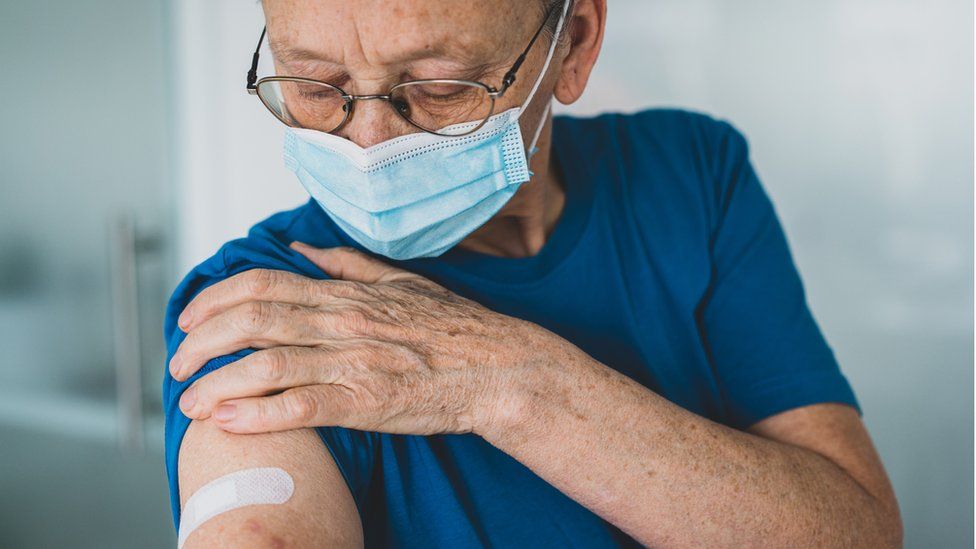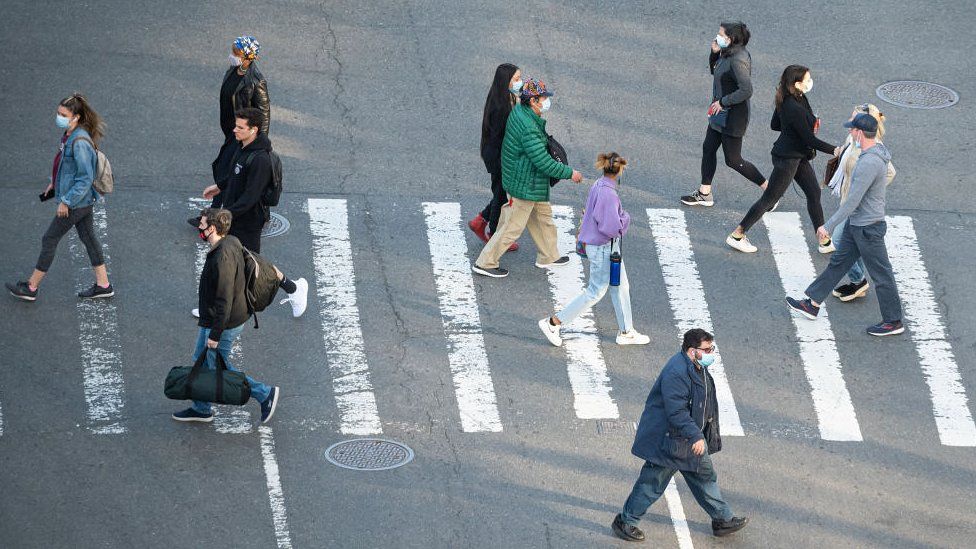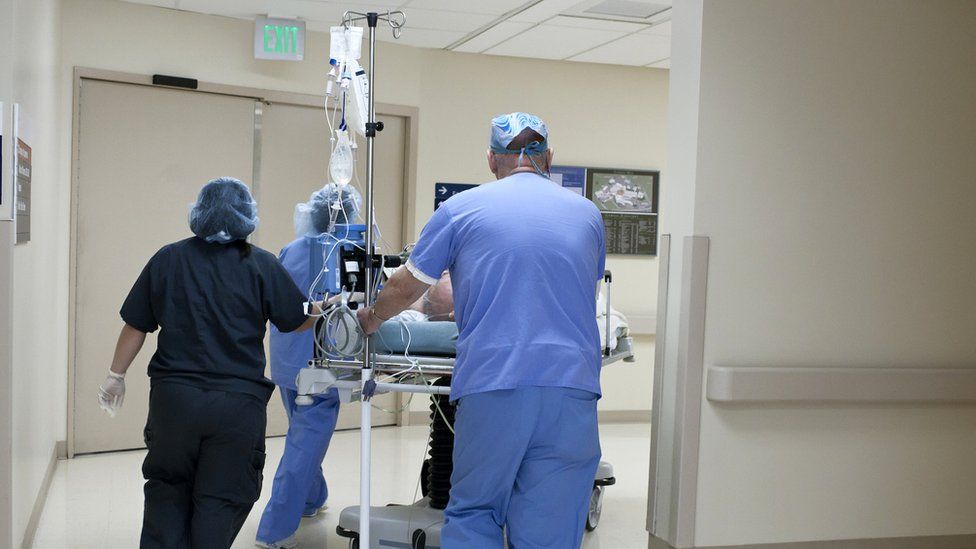MDMA could help trauma survivors face painful memories
SharecloseShare pageCopy linkAbout sharingimage copyrightGetty ImagesMDMA – most commonly known as a party drug – could be more effective than therapy alone at treating post-traumatic stress disorder (PTSD). The results of a keenly-awaited trial suggest two-thirds of people no longer qualified for a PTSD diagnosis after treatment.The study represents a significant step towards approval of the drug in the US. But UK experts warn against overhyping MDMA’s potential, saying more research is needed to understand its effects. PTSD can be the result of a very distressing or frightening event, or longer-term series of experiences. That might include accidents, abuse, rape, combat or illness. And it can be very difficult to treat.This trial, run by US charity the Multidisciplinary Association for Psychedelic Studies (Maps), found 88% of people had a “meaningful reduction in symptoms” and 67% no longer qualified for a PTSD diagnosis at all after 18 weeks and three sessions of MDMA-assisted therapy. Talking therapy alone led to a significant improvement in 60%, and remission in 32% of people. The participants in the study, which was published in the journal Nature, had suffered from PTSD for an average of 14 years. While scientists acknowledge these findings provide important evidence in MDMA’s favour, they are based on just 91 people. And since they were self-selecting (they volunteered for the study), they may not be representative of all trauma survivors. The trial also compared MDMA with a type of therapy not recommended by the NHS for trauma, making the comparison less useful, according to some UK psychiatrists. How could MDMA treat mental health?MDMA appears to work in part by calming the amygdala – the part of the brain which acts as a smoke alarm, telling the body to prepare for danger.In people with PTSD and anxiety disorders, this part of the brain can overreact, sounding the alarm over seemingly small events (slight noises, changes of tone or facial expression, for example). The Maps researchers suggest flooding the brain with feel-good hormones like serotonin at the same time as dampening its response to fear, might allow people to face and deal with painful memories without becoming overwhelmed.”At its core, PTSD is a disorder of memory”, said Dr Michael Bloomfield, a consultant psychiatrist at University College London (UCL).Forming new connectionsWhen we are babies, and again during adolescence, we experience periods where our brains are very pliable – they grow and change much more than they’re generally capable of in adulthood, and we can form lots of new connections. The scientists involved in the study speculate that psychedelics and similar-acting drugs like MDMA might allow a “reopening” of this critical window of brain development, during which therapy can help healthier connections form. Magic mushroom compound ‘promising’ for depressionPsychedelic therapy could ‘reset’ depressed brainGaps in the researchThe Maps researchers said commonly prescribed antidepressants were ineffective for 40-60% of sufferers. But in the UK, talking therapy rather than medication is generally recommended as the first way of treating PTSD.Dr Bloomfield at UCL said the treatment most recommended for trauma involves a therapist actively working with an individual to relive and process traumatic memories. But the therapy used in the study was closer to counselling, involving empathetic but mostly passive listening. This makes it difficult to say whether MDMA-assisted therapy works better than trauma-focused therapy on its own, he explained. Positive expectations might also be driving some of the effects, Dr Bloomfield said, since the patients who volunteered to take part in the study were likely to have an existing interest in the drug. Although the study used a placebo group to help correct the effect of positive expectations, it’s difficult to “blind” someone to the fact they’ve been given a drug like MDMA, which causes a strong and fairly immediate reaction. Nevertheless, while more research is needed, Dr Bloomfield described the study as “very exciting”, providing further evidence MDMA-assisted psychotherapy may be helpful for people with PTSD. Guy Goodwin, a professor of psychiatry at the University of Oxford, also flagged the study’s relatively small sample size and self-selecting patients as limiting what the findings can tell us. But he agreed the study “adds to the growing conviction that drugs producing psychedelic effects have real potential in the treatment of severe mood and anxiety disorders”.Final hurdleMany psychedelic studies are exploratory – early-stage research investigating the potential of various drugs but remaining a long way from actually being available to prescribe. But the Maps research is what is known as a phase three trial – the final hurdle before investigators can apply for the drug to be approved and therefore becomes available to patients.The study was designed and conducted with the approval of the US regulatory authority, the Food and Drug Administration.Maps’ chief scientific officer Dr Berra Yazar-Klosinski said MDMA could be legalised and available for prescription by 2023 in the US, and this summer she plans to travel to Europe to begin the process of seeking regulatory approval from the EU and the UK. The team later plans to explore its potential for other conditions, including depression. Follow Rachel on Twitter
Read more →





